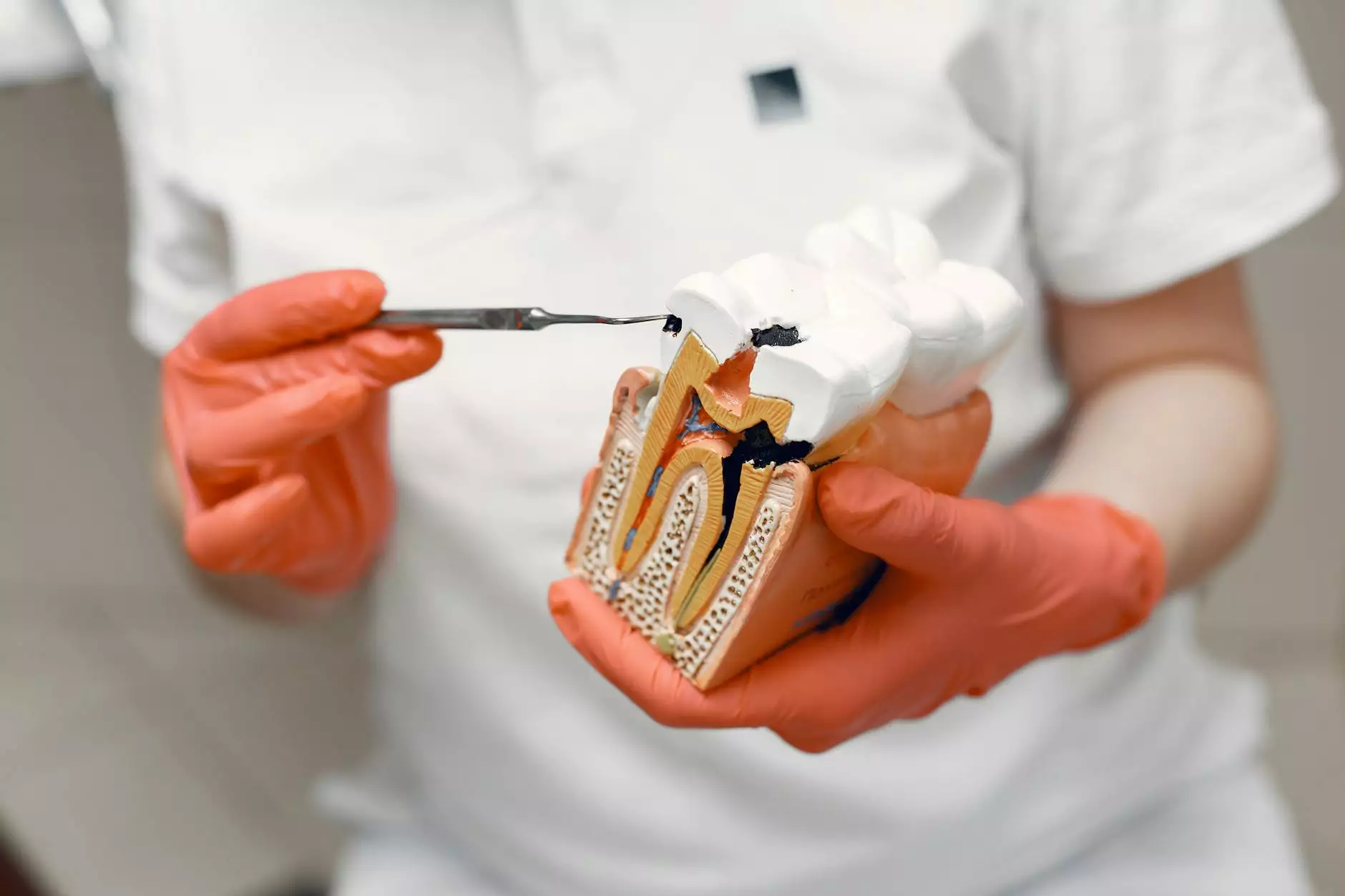Get Medical Billing and Coding Certification: A Comprehensive Guide

In today's rapidly evolving healthcare environment, medical billing and coding certification is a vital stepping stone for those seeking to establish or enhance their careers in the medical field. The demand for skilled professionals in this domain continues to rise, making it an excellent time to embark on this career path. In this article, we will explore the significance of medical billing and coding, the steps to obtain certification, potential career opportunities, and factors to consider as you navigate this rewarding journey.
Understanding Medical Billing and Coding
Medical billing and coding is a critical process in the healthcare system that involves translating healthcare services into universally recognized codes. These codes are used for billing purposes and ensure that healthcare providers get reimbursed for their services. Medical coders are responsible for assigning the appropriate codes based on the diagnoses and procedures documented in patient records, while medical billers utilize these codes to generate invoices and follow up on payments.
The Significance of Certification
Obtaining a certification in medical billing and coding is essential for several reasons:
- Validation of Skills: Certification validates your knowledge and proficiency in medical coding systems, improving your credibility in the job market.
- Increased Job Opportunities: Many employers prefer or require candidates to have certification, thus enhancing your employability.
- Higher Earning Potential: Certified professionals often command higher salaries compared to their non-certified counterparts.
- Professional Growth: Certification sets the foundation for further specialization and advanced roles in the healthcare billing and coding landscape.
Steps to Get Medical Billing and Coding Certification
Getting certified in medical billing and coding involves several key steps. Below, we outline a comprehensive pathway to guide you on your journey.
1. Research Certification Options
Before embarking on your certification journey, it is essential to research the various certification programs available. Some of the most recognized certifying organizations include:
- American Academy of Professional Coders (AAPC): Offers certifications like Certified Professional Coder (CPC) and Certified Billing and Coding Specialist (CBCS).
- American Health Information Management Association (AHIMA): Provides credentials such as the Certified Coding Specialist (CCS) and Certified Health Data Analyst (CHDA).
- The National Healthcareer Association (NHA): Offers the Certified Billing and Coding Specialist (CBCS) certification.
2. Fulfill Prerequisites
Most certification programs do not require a specific degree but having a background in healthcare or related fields can be beneficial. Some programs may recommend completion of a coding course or relevant coursework before taking the certification exam.
3. Enroll in a Medical Billing and Coding Program
Consistent, structured learning is crucial for success. Consider enrolling in a reputable medical billing and coding program that will cover the necessary subjects, such as:
- Anatomy and Physiology
- Medical Terminology
- Coding Systems (ICD-10, CPT, HCPCS)
- Healthcare Reimbursement and Billing Practices
These programs can be found at community colleges, online courses, or specialized institutions, providing flexibility to suit your learning style.
4. Gain Practical Experience
Hands-on experience significantly enhances your understanding of medical billing and coding. While some programs may offer externships or clinical experiences, seek additional opportunities to shadow professionals in the field or internships to refine your skills further.
5. Prepare for the Certification Exam
Preparation is key to passing your certification exam. Utilize study guides, attend review classes, and join study groups to ensure you are well-prepared for the test. Familiarizing yourself with the exam format and types of questions you may encounter can greatly increase your confidence and performance.
6. Take and Pass the Certification Exam
Once you feel adequately prepared, register for your chosen exam. Focus on maintaining a calm mindset during the test, utilizing all the knowledge and skills you've acquired through your studies. Achieving a passing score will grant you certification.
7. Maintain Your Certification
Certification is not a one-time achievement. Staying updated on industry changes, participating in continuing education, and fulfilling recertification requirements are crucial to maintaining your certification and staying relevant in your field.
Career Opportunities After Certification
With the demand for skilled medical billing and coding professionals on the rise, numerous career opportunities await certified individuals. Here are some potential paths you may explore:
1. Medical Coder
As a medical coder, you will focus on reviewing clinical statements and assigning appropriate codes. This role may be in a variety of settings such as hospitals, clinics, or insurance companies.
2. Medical Billing Specialist
A medical billing specialist handles billing procedures, ensuring that healthcare providers are compensated for their services. This role often involves patient interaction and insurance verification.
3. Health Information Technician
Health information technicians manage and organize health data, ensuring that it is accurate and secure. They may also work with electronic health records (EHRs) and ensure compliance with regulations.
4. Coding Compliance Auditor
Coding compliance auditors review coding practices to ensure accuracy and adherence to regulations. This role is crucial for minimizing billing errors and preventing fraud.
5. Billing Manager
With experience, you may advance to a billing manager role, overseeing billing operations, managing staff, and streamlining processes for maximum efficiency.
Challenges in the Medical Billing and Coding Field
While a career in medical billing and coding can be rewarding, it is essential to be aware of the potential challenges you may face:
- Regulatory Changes: The healthcare sector is constantly evolving, necessitating continuous education to stay compliant with new regulations and coding standards.
- High Stress Levels: The responsibility of accurate coding and billing places pressure on professionals, particularly during peak periods.
- Need for Detail-Oriented Focus: Coders must maintain a significant level of accuracy, as errors can lead to reimbursement issues and patient care repercussions.
Conclusion
In summary, acquiring certification in medical billing and coding is a strategic move that can pave the way for a fulfilling career in the healthcare sector. By understanding the steps required to achieve your certification and being aware of the opportunities and challenges in the field, you can make an informed decision that enhances your career trajectory. Take the time to invest in your education and professional development, and unlock the numerous benefits that come with being a certified medical billing and coding specialist.
Start Your Journey Today
Ready to take the plunge and get medical billing and coding certification? Contact PMBA USA at pmbausa.com to learn more about programs, resources, and support to kickstart your career in medical billing and coding.









